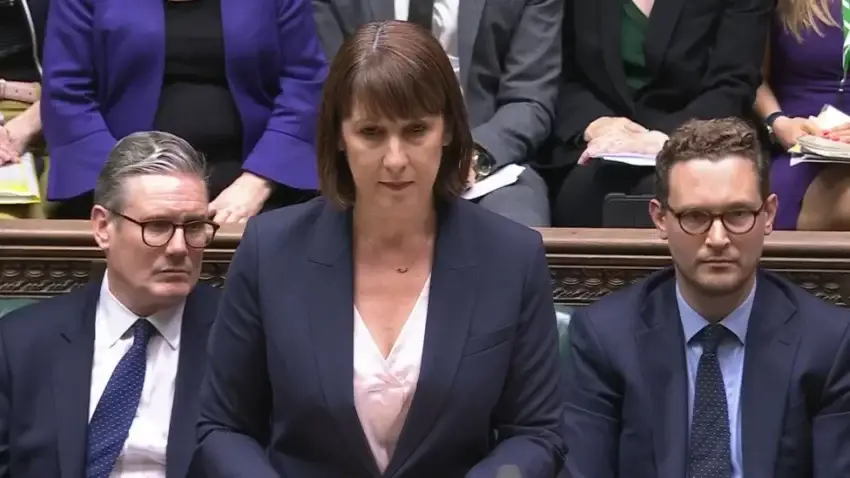Chancellor Rachel Reeves is considering a significant change to the UK’s fiscal policy.
During her trip to New York and Toronto, she mentioned clarifying fiscal rules to potentially unlock £17 billion ahead of the autumn budget.
Potential Change to Fiscal Rules
During her recent trip, Rachel Reeves indicated a possible change to the debt-to-GDP measure by excluding losses from the Bank of England’s bond-buying programme. This move could provide an additional £17 billion in fiscal headroom.
Reeves asserted, “We’ll get debt down as a share of GDP. And crucially we will balance tax receipts with day-to-day spending. But we’ll set out the precise details of that at the time of the budget.”
Maintaining Fiscal Discipline
Reeves affirmed her commitment to maintaining the Labour government’s fiscal discipline. She confirmed that the goal of reducing the debt-to-GDP ratio within a rolling five-year period would remain unchanged.
She emphasised that her fiscal rules are “non-negotiable.” Excluding the Bank’s quantitative easing losses could pave the way for meeting debt targets without raising income tax, VAT, or national insurance.
Last year, the Treasury transferred £45 billion to the Bank of England to cover these bond-buying losses.
Market Reaction
Analysts and investors have largely agreed that the market would not penalise the government for adjusting the debt measure.
Michael Saunders, a former Bank of England rate-setter, noted, “The impact of changing the debt measure would be temporary and will fade… perhaps just after the Office for Budget Responsibility’s five-year horizon.”
This potential change could offer only a one-off benefit to fiscal calculations; therefore, its long-term impact is questionable.
Reeves’ International Meetings
Reeves is on an international charm offensive ahead of Labour’s investment summit in October.
She met Robert Vince, head of BNY Mellon, and will engage with US business leaders and investors on Wall Street. These meetings aim to strengthen investor confidence and underline Labour’s economic policies.
Additionally, she will meet with Mark Carney, former governor of the Bank of England, in Toronto on Wednesday.
Addressing the Funding Gap
The government is looking for ways to meet its debt targets without increasing taxes. This comes after Reeves revealed a £22 billion funding gap in this year’s inherited spending plans.
Excluding the Bank’s quantitative easing losses could significantly ease this pressure.
Reeves highlighted the importance of balancing tax receipts with day-to-day spending to maintain fiscal stability.
Political Implications
This potential change signals Labour’s pragmatic approach to fiscal policy.
It shows a willingness to explore alternative methods to achieve economic stability without burdening taxpayers.
Rachel Reeves’ potential adjustment to the debt-to-GDP measure indicates a strategic approach to managing the UK’s finances.
By potentially unlocking £17 billion, the Labour government could address existing funding gaps and maintain fiscal discipline without raising taxes.

